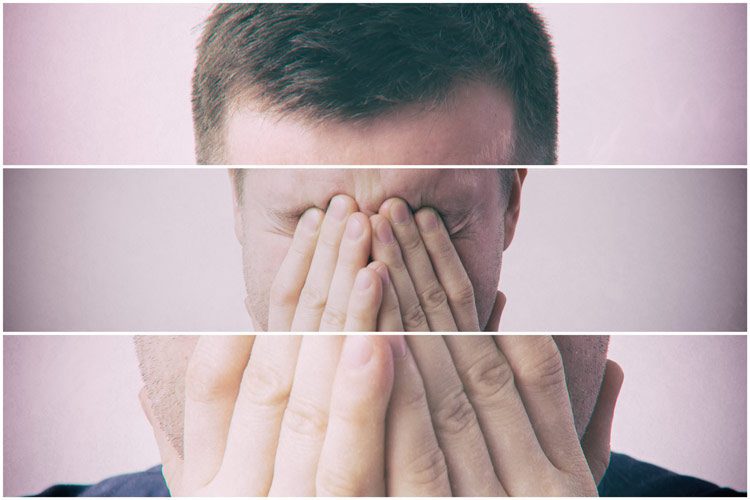Mental health is gaining more attention and understanding as healthcare professionals and others work to create awareness of mental health disorders. As people are becoming more educated about conditions like PTSD, depression, anxiety, and ADHD, they are gaining more compassion for themselves and others who have these disorders. However, one condition remains a mystery to many and continues to suffer misconceptions: schizophrenia.
What Is Schizophrenia?
Just like any other health condition, mental or physical, schizophrenia can look somewhat different for each person who has it. According to WebMD, people with this condition:
- Often have issues with their memory and have trouble focusing
- Often suffer hallucinations (auditory, visual or olfactory)
- May or may not be able to recognize when they are experiencing a hallucination
- May have delusions or false beliefs that don’t go away, even when the person is presented with facts that contradict the delusion
- Lack emotional expression in their face and/or voice
Onset
Schizophrenia doesn’t impact one gender more than the other, but there are discrepancies in the age of onset between the genders.
- Males are most likely to be impacted in their teens or early 20s.
- Females are more likely to develop symptoms in their 20s or 30s.
- Onset before the age of 12 or after age 40 is rare for both genders.
The Myths
Due to some high-profile cases and sensationalized media portrayal, many people have misconceptions about those who suffer from schizophrenia:
- Schizophrenia means multiple personalities – Many people confuse dissociative identity disorder (DID) and schizophrenia. These are two distinct diagnoses. People with schizophrenia struggle to distinguish reality from hallucinations, but they don’t have multiple personalities.
- People with schizophrenia are dangerous – In fact, people with schizophrenia and other severe mental illnesses are statistically more likely to become victims of crimes than they are to harm another person, especially if they are receiving treatment. Only 3-5% of violent crimes are caused by people with mental illnesses, according to the United States Department of Health and Human Services. Schizophrenia makes up a tiny portion of mental illness cases.
- This condition is caused by poor parenting – There is no evidence to connect parenting style to schizophrenia. However, environmental factors like trauma and substance abuse can trigger the onset of the illness in those genetically prone to it.
- If you have a parent with this condition, you will get it too – There is only a 10 percent chance of the child of a person with schizophrenia getting the condition. A variety of genes (as opposed to a single gene) can play a role, but environmental factors also contribute.
- People with this condition are unintelligent – While the symptoms of schizophrenia don’t improve a person’s ability to test well on standardized tests, that doesn’t mean they aren’t smart.
- People with schizophrenia will have to spend a lot of time locked up – Thanks to modern medicine, many people with schizophrenia are able to live normal lives, hold down jobs, and live independently.
- When someone first develops this condition, they have a major psychotic break – The earliest symptoms of schizophrenia may be so subtle that people miss them entirely. The person might just seem a bit less social, less interested in hobbies, or more withdrawn than usual.
- It isn’t possible to recover – About 25 percent of people with this condition are able to fully recover and lead full and meaningful lives. Another 50 percent see improvement with their symptoms with therapy and medication.
- People with schizophrenia are lazy – it takes a lot of energy to constantly process the various stimuli a person with this condition may experience, and they may have little energy left for personal hygiene, work or chores, especially if their symptoms are severe.
Treatments for Schizophrenia
As with other mental health conditions, there are a variety of treatments for this condition. The National Institutes of Mental Health recommend the following:
- Cognitive Behavioral Therapy (CBT)
- Behavioral skills training
- Supported employment
- Antipsychotic medications
For Loved Ones
If you are a friend or family member of a person who has a schizophrenia diagnosis, there are several things you can do to support them:
- Educate yourself on the condition, symptoms, and recommended interventions
- Participate in family-based services
- Reach out to offer love and support
- Help your loved one get connected to treatment
- Treat them with love and respect
- Refuse to define them or their future by the diagnosis










